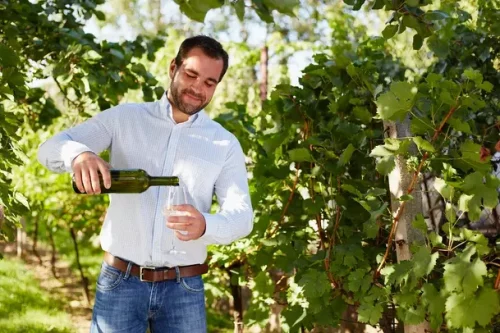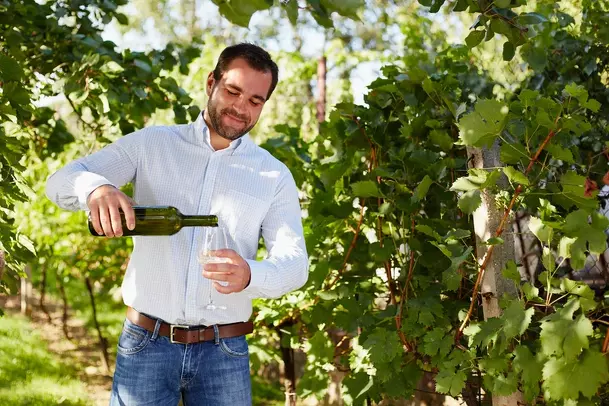
Setting achievable targets helps create a reliable path toward recovery, fostering steady and sustainable progress. This evaluation process aids in maintaining motivation and preventing feelings of overwhelm. Accepting it as a part of the process rather than a failure, can be empowering. Shift your perspective to learn from the experience and understand that it’s a stepping stone towards long-term success rather than a roadblock filled with guilt. When substance use resumes, abstinence is interrupted, often leading to feelings of guilt, shame, and concealment. While it marks a significant setback, understanding your triggers and the factors leading to this stage can provide valuable lessons to fortify your commitment to recovery in future endeavors.
Do you need a mental health day?
- Working through unresolved trauma can significantly reduce the likelihood of relapse by addressing the root causes of addiction.
- Visualizing the potential negative consequences of relapse can be a powerful deterrent.
- By prioritizing relapse prevention strategies, individuals can build the necessary skills and support to stay on the path to long-term recovery.
- Quickly reach out to treatment providers, recovery coaches, or peers in your support network.
- Write down a schedule of your favorite support groups and attend a meeting for additional guidance.
Now that we’ve covered what relapse is and what triggers it, let’s talk about practical steps you can take to break the cycle and stay on track. By understanding these stages, you can catch yourself early and take steps to prevent moving to the next phase. By healing from past wounds, individuals can move forward with a clearer mind, free of the emotional pain that may have led to substance use in the first place. Support groups like Alcoholics Anonymous (AA) or Narcotics Anonymous (NA) can offer ongoing fellowship and guidance, making it easier to stay focused on recovery.

Relapse prevention help

Triggers can be anything from people, places, or objects that remind you of substance use. It’s important to know which triggers might cause you to relapse and come up with strategies for managing them. Many triggers can come from environmental, mental, and emotional sources. Knowing and understanding them can help you avoid relapses what is alcoholism during recovery.
How Do You Make A Relapse Prevention Plan?
While routines vary from person-to-person, many people in the recovery community find that self-care is non-negotiable. Moving your body, eating well and relaxing are all good places to start with self-care. Consider whether you could incorporate a morning yoga session or an evening walk into your day. While relapse is not a failure but can be part of a person’s recovery journey, having a prevention plan in place can reduce its likelihood. Quickly reach out to treatment providers, recovery coaches, or peers in your support network. Their collective experience and encouragement provide the reinforcement you need to align with your recovery goals.
- Support groups, such as Alcoholics Anonymous or SMART Recovery, can provide invaluable resources and connections for individuals in recovery.
- Traditional recovery models often define success as complete long-term abstinence.
- Mindfulness-based relapse prevention techniques promote self-awareness and help individuals to accept cravings rather than battling them.
- Making a list of internal and external triggers is an efficient way to gain awareness and learn how to cope with them to reduce the risk of relapse.
Alcohol Use Disorder
- If you don’t replace the behavior with something that meets the same need, you’ll fall back into old patterns.
- One of the most critical aspects of this journey is relapse prevention, as it helps individuals maintain their hard-earned sobriety and continue on the path to a healthier, happier life.
- These stages can leave an individual increasingly vulnerable to lapsing into substance use.
- By constructing resilience, you can better handle difficult situations and stay dedicated to your sobriety.
Deep breathing is an excellent relapse prevention technique because it can be utilized virtually anywhere without anyone knowing you’re doing it. The core concept of mindfulness is paying attention, awareness, or focus on what you’re doing, where you are, who you’re with, and more. To start the process of becoming more mindful, simply notice what you are doing with no judgement. It can be helpful to write down one’s daily activities by tracking them with a smartphone to bring more awareness to what you are doing, thinking, and feeling. One of the most widely used relapse prevention techniques is the HALT model. The acronym “HALT” stands for Hungry, Angry, Lonely, and Tired—four common conditions that can trigger a relapse.

Identify Triggers

At 12 South Recovery, we’re committed to empowering individuals on their journey to lasting sobriety. Our comprehensive approach to addiction treatment integrates evidence-based therapies, relapse prevention strategies, and holistic support services to address the unique needs of each individual. Once you identify them, you can develop a plan for how to manage relapse prevention skills or avoid these high-risk situations.

